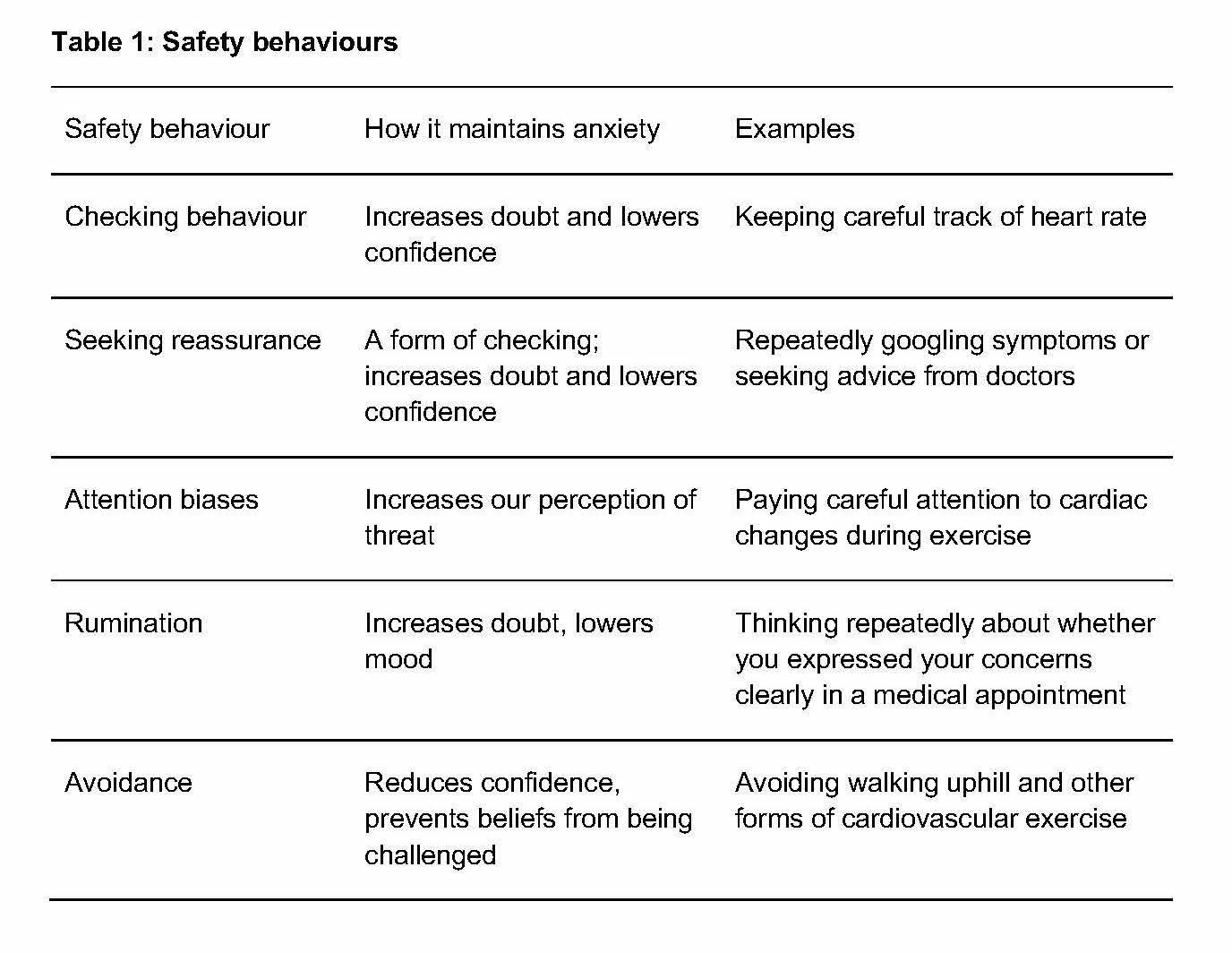Cardiac psychology and ectopic heartbeats
Introduction
Patients experiencing ectopic heartbeats are sometimes referred to a clinical psychologist. Patients often wonder what this means about their symptoms; could the cardiologist believe my ectopic beats are purely psychological or ‘all in my head?’
This brief article aims to address this common misconception and explains how cardiac specialist clinical psychologists aim to help people who are living with ectopic heartbeats.
What are ectopic heartbeats?
An ectopic heartbeat is a type of arrhythmia, or an irregular heartbeat. Ectopic beats can be unpleasant; we don’t often feel our heartbeat, but ectopic beats can feel like your heart has skipped a beat followed by a ‘thud’.
It is of course important to get ectopic beats checked by a cardiologist, but many people are subsequently told they don’t require treatment and the ectopic beat is harmless. Indeed, many patients face the challenge of learning to live with ectopic beats. This can be difficult, especially if people interpret their ectopic beats as dangerous, find them distressing or worry about the existence of an undiagnosed health condition.
Why work with a clinical psychologist?
The way patients think about and experience ectopic beats can lead to an increase in the emotional response that accompanies an ectopic beat. This can then become a vicious cycle – if we feel anxious, frightened, or stressed in response to an ectopic beat this can lead to physiological symptoms associated with the stress response including changes to our heart rate.
If ectopic beats are interpreted as threatening and trigger intense emotions, it’s natural to try to avoid them. We might start avoiding activities that trigger ectopic beats or try to distract ourselves from them. Unfortunately, this avoidance has unintended consequences. It means life can become narrower and more limited, especially if we’re no longer doing things we previously enjoyed. Avoidance also means we never discover whether we can handle ectopic beats and how safe or dangerous they really are. Instead, we remain vigilant and highly sensitive to even slight cardiac changes – worrying about normal changes we might have previously not paid attention to. Therefore, in the longer-term avoidance contributes to the maintenance of fear of ectopic beats.
Avoidance can take many forms. Sometimes behavioural avoidance is clear and obvious. For example, avoiding cardiovascular exercise or activities triggering breathlessness. Other forms of avoidance can be more subtle. Table 1 provides examples of safety behaviours. Safety behaviours are actions carried out with the intention of preventing a feared scenario (for example, having a heart attack). In the short-term safety behaviours bring a sense of relief. In the longer term they are unhelpful because they stop us from disputing beliefs that may be maintaining fear, anxiety or other strong emotions.
What would working with a clinical psychologist involve?
“Matt came highly recommended by my cardiologist. I was initially sceptical however that was eliminated immediately with his approach. The methodology was presented in a way that was understandable and logical.”
Clinical psychologists work by creating a ‘clinical formulation’ with patients. A clinical formulation refers to a theoretically grounded way of understanding an individual’s distressing symptoms or difficulty. A formulation draws on psychological science to identify the factors that are maintaining a psychological or physical health difficulty. It provides a road map, which then guides intervention.
Clinical psychology sessions will always be driven by a patient’s goals and will usually involve helping people make changes in the way they think, behave, respond to and experience ectopic beats. A clinical psychologist can also assess and treat a range of other difficulties commonly experienced by cardiac patients including post-traumatic stress disorder (PTSD), health anxiety, panic attacks and depression.
Rethink Health specialises in the provision of clinical psychology services to patients with cardiac symptoms. We work predominantly online, so people can access our services from wherever they are.
“The sessions helped me cope with my cardiac symptoms, so they are no longer getting in the way of my quality of life. “
The Living Well with Cardiac Symptoms Programme is a new online, video-based psychological treatment programme specifically designed to address cardiac anxiety resulting from symptoms including ectopic beats. The programme is designed to be available internationally, instantly accessible, customisable to the individual and allows you to access an affordable, high quality evidence-based treatment programme from your home specifically designed to address cardiac anxiety.
For more information about the programme I recommend watching a freely accessible 15 minute introductory video, which aims to provide information so you can make an informed decision regarding whether you wish to access the full programme. This introductory video and the full programme are both available by clicking here.


